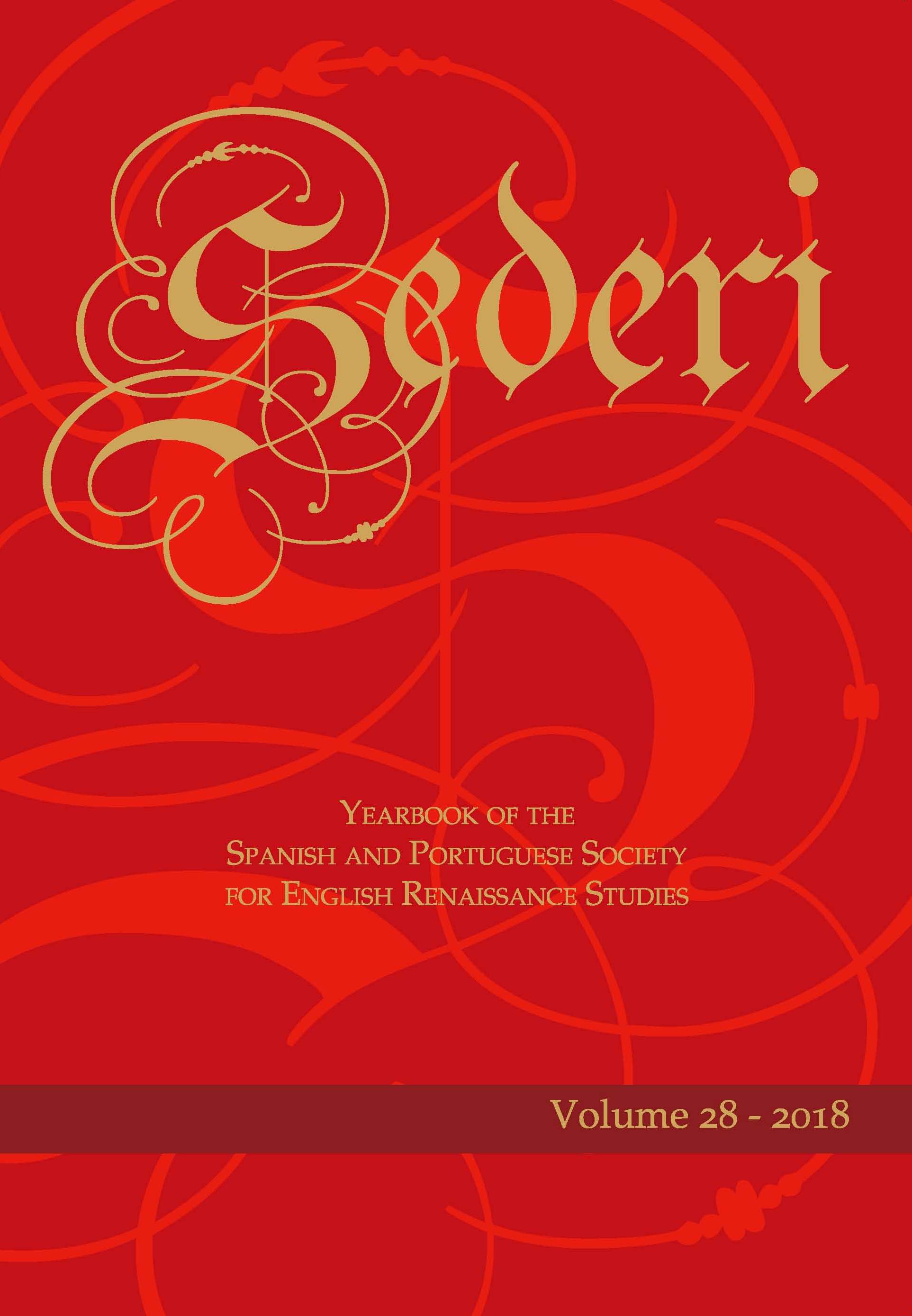“The gully-hole of literature”: On the enregisterment of cant language in seventeenth-century England
Resumen
This essay places seventeenth-century literary renditions of cant, the language spoken by rogues and criminals in Early Modern England, into the context of “enregisterment” so as to examine its role in the process of recognition, categorization and legitimation of the canting tongue and the values it entailed. Literary representations of this variety became common in the period under analysis as a result of the criminal element that threatened the English population. Drama emerged as one of the main vehicles for the representation of cant, leading to the appearance of numerous plays that dealt with the life and adventures of English rogues. In the pages that follow, it will be argued that the study of these textual artefacts can provide valuable historical insight into the use of cant and the social connotations associated with it. In fact, the corpus-based analysis of the plays selected for this study has made it possible to identify both a common lexical repertoire and a set of sociocultural features that were associated with this underworld variety and its wicked speakers by the London non-canting audience. At the same time, it has shed light on the processes whereby this encoded speech came to index derogatory cultural values, which were spread and consumed thanks, in part, to dramatic performance, leading to the enregisterment of cant language and its recognition as a stable and unique linguistic variety.Descargas
Descargas
Publicado
Número
Sección
Licencia
The copyright holder of the published contributions is SEDERI.The hardcopy and an open-access version of the journal will be published simultaneously. The issues will be available online in the SEDERI website (http://www.sederi.org/yearbook/) and other repositories that have signed an agreement with SEDERI.
The authors who publish with this journal agree to the following terms:
a) SEDERI retains copyright of the essay.
b) If the author wishes to republish or rewrite the essay for another journal, or include the essay published in SEDERI in their personal repositories, or in any other way, they should contact the editors to obtain permission to do so. This will entail citing SEDERI as the original source and sending the editors a copy of the new version, or the link to the website, in case of online publishing.
The author(s) hereby warrant(s) that:
a) The essay submitted for publication is an original creation and does not infringe any copyright or property right of another journal, author or publisher.
b) The essay submitted for publication has not been previously published, whole or in part, and is not being considered for publication elsewhere.
c) Written permission has been obtained for any material from other sources included in the essay submitted for publication.




